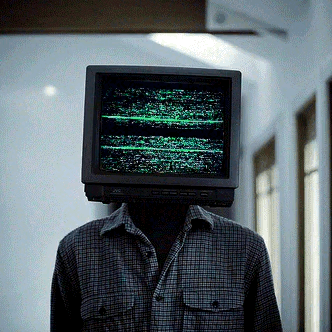Few issues are more contentious in today’s culture wars than those involving gender and sexuality, which is why they attract a substantial amount of hot-button media attention. That includes religion-beat coverage, of course.
Those labeled traditionalists generally feel one way on the issue and so-called progressives tend to feel just the opposite way. It’s a divide that cuts across virtually every faith group, leading to schisms and a great deal of congregational and individual pain.
Nor, I should point out, is there across-the-board agreement on these issues in secular circles.
On occasion a story turns up that seems to turn the issue on its head, scrambling our easy use of the traditionalist and progressive labels. The New York Times recently ran one such piece out of Albania. I found it fascinating. The headline: “With More Freedom, Young Women in Albania Shun Tradition of ‘Sworn Virgins’.”
Reading between the lines, one unstated point I take from the story is that today’s growing acceptance, by some, of more fluid gender roles predates the post-modern influences that today’s cable TV news polemists, and others — including politicians — argue are causative.
On the other hand, I’d be remiss to not also note that this Albanian cultural quirk is an isolated and rapidly disappearing practice as the small Balkan nation’s rigid gender roles loosen in the age of globalization. So be careful not to draw too many broad generalizations from it.
In short, gender roles, like everything else in life worth serious attention, are complicated concepts and have been across human history. Here’s the story’s top, which is long, but essential:
LEPUSHE, Albania — As a teenager locked in a patriarchal and tradition-bound mountain village in the far north of Albania, Gjystina Grishaj made a drastic decision: She would live the rest of her life as a man.










